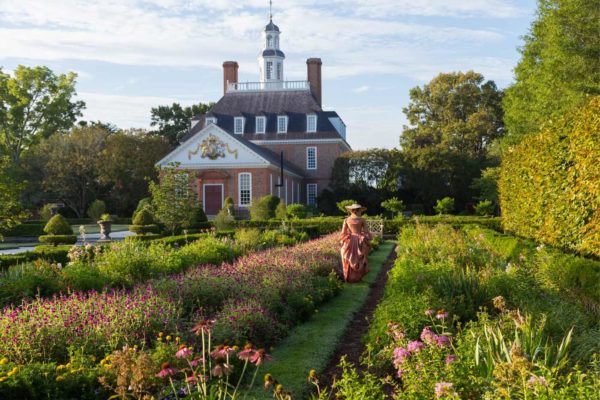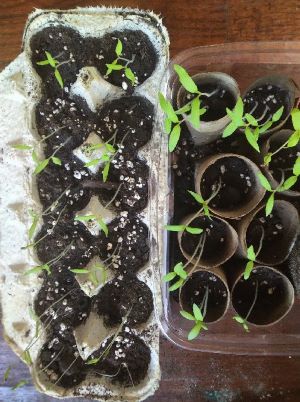2023 Junior Master Gardener National Leader Training Conference
Join Junior Master Gardener for their Virtual 2023 National Leader Training, February 21-22. This is a great opportunity for teachers, administrators, and program leaders to learn how to implement best practices, how to involve parents and students into programming, and how to build sustainability.
Keynote speakers:
- Chris Field, founder and CEO of Mercy Project, non-profit that rescues children from human trafficking in Ghana
- Kjell N. Lindgren, M.D., NASA astronaut, Texas Master Naturalist
To learn more about the JMG National Leader Training, visit www.jmgkids.us
JGM partners with AHS on the “Growing Good Kids – Excellence in Children’s Literature” award that honors best new children’s books about gardening and nature. Winners are announced at the AHS National Children & Youth Symposium. Learn more about the Growing Good Kids Book Awards.

 If you’re part of the new wave of home or apartment dwellers looking for resources on starting an edible garden, you’re not alone. While the American Horticultural Society encourages supporting local garden centers, there are lots of ways you can start a garden without buying special materials. Here are some of our favorite sustainable gardening hacks using readily available items.
If you’re part of the new wave of home or apartment dwellers looking for resources on starting an edible garden, you’re not alone. While the American Horticultural Society encourages supporting local garden centers, there are lots of ways you can start a garden without buying special materials. Here are some of our favorite sustainable gardening hacks using readily available items.